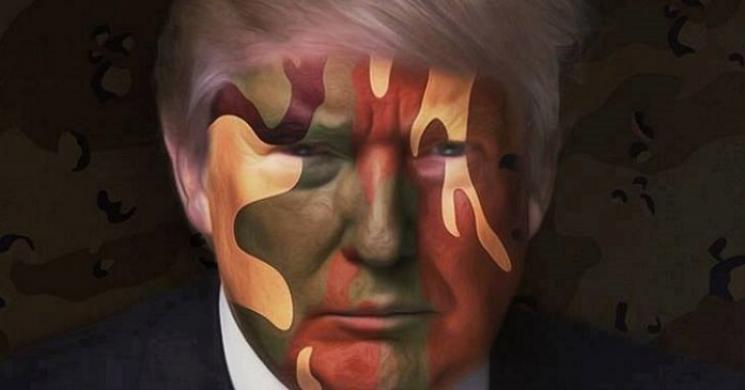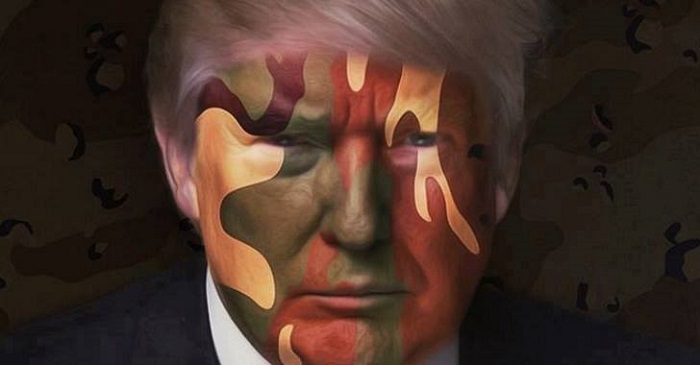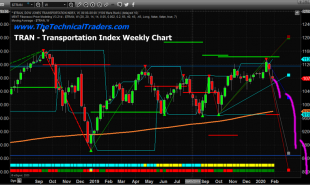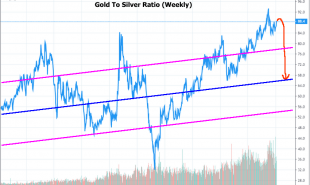
The Real Reason Trump Bombed Syria
via Alice Salles and theantimedia.org
If anyone ever discovers anything more dangerous than mob rule, Washington, D.C. will be the first territory in the United States to put it to good use. Until then, the “tyranny of the majority” will do.
As expected, the entirety of Washington’s political elite has come together to stand behind President Donald Trump’s decision to escalate an already overly intrusive and irrational U.S. military campaign in Syria, all in the name of the children — despite having reportedly killed youngsters himself in his now widely popular preemptive air strikes against Bashar al-Assad.

So far, 79 of all 100 U.S. senators have voiced their support for the previously unpopular president, making Trump’s decision to respond to Assad’s alleged chemical weapon attack the first in his short career as president to receive such wide praise from both Democrats and Republicans.
Standing in opposition, Rand Paul (R-KY) is the only conservative senator who has come out publicly against the deadly spectacle, calling the president’s decision “unconstitutional” — but that doesn’t appear to faze the former reality star and business mogul. After all, his strikes against the Syrian regime have finally turned him into the popular kid. And instead of just receiving praise from his base, he’s now reaping the laurels that come with being part of the establishment he once railed so passionately against.
If anything, we have learned that nothing that comes out of the mouth of a politician ought to be trusted — even if said politician acts and sounds just like somebody’s old uncle.
But enough about Trump. What will widespread support for unwarranted military action in Syria produce?
If you guessed more war, you may have guessed correctly.
During a press conference, White House Press Secretary Sean Spicer said the United States has left open the possibility to conduct further missile strikes against Assad in the case of additional chemical attacks.
“The sight of people being gassed and blown away by barrel bombs ensures that if we see this kind of action again, we hold open the possibility of future action,” he said, adding that Trump’s careless actions weren’t meant as a warning only to Syria, but to the world.
“Not just Syria, but the world saw a president who is going to act decisively.”
Despite this seemingly tough stance, many have noted that the president’s actions seem to paint a very different picture.
After Trump met with Chinese President Xi Jinping, the Chinese state news agency called the U.S. strikes against Syria an act of a “weakened politician who needed to flex his muscles.” And on Monday, Russia announced that President Vladimir Putin wouldn’t meet with Secretary of State Rex Tillerson ahead of his visit to Moscow.
Yet with more countries standing behind Trump’s Syria attack than standing in opposition, it’s clear that Washington’s preference for maintaining a state of perpetual war is shared by government leaders across the globe. But should we be surprised?
In his now legendary 1918 essay, journalist Randolph Bourne accurately explained that war is the price we pay for blindly believing governments are necessary evils.
“In times of peace,” Bourne explains, “state flags” have no purpose, but once the republic is militarized and ready to march into war, man sees a way to salvation through politics:
“The more terrifying the occasion for defense, the closer will become the organization and the more coercive the influence upon each member of the herd. War sends the current of purpose and activity flowing down to the lowest levels of the herd, and to its remote branches. All the activities of society are linked together as fast as possible to this central purpose of making a military offensive or military defense, and the State becomes what in peacetimes it has vainly struggled to become — the inexorable arbiter and determinant of men’s businesses and attitudes and opinions.”
As Trump learned once he moved into the White House, government cannot be “stable” without the support of the Fourth Estate, i.e., the body of journalists who shape public opinion. And without threats from abroad, there isn’t a war to sustain the state. That’s why the press is so important in blowing up and magnifying the threat — so the state’s rationale for military action sticks.
Ironically, Trump himself proved the Fourth Estate’s influence hasn’t been as powerful as it wishes to be since he won the 2016 election, especially considering most of the mainstream news outlets reported their polls showed Democratic candidate Hillary Clinton had already won. But as Trump begins to enjoy his proximity to the most powerful (unofficial) “branch” of government with the praise reaped after his deadly Syrian air strikes, his own history of opposing attacks on Syria seems unimportant.
As many in the libertarian movement call this escalation in Syria the new Iraq, one can only hope for a moment of clarity to shake the president’s core and bring him back to his previous stance. But if history is any indicator, hope shouldn’t guide us in this moment of darkness, as even some of the president’s most trusted advisers are left on the sidelines wondering what could have been if Trump had just kept cool under pressure.
Alas, Trump isn’t the leader of a free nation because a nation of free men has no leader. If anything, he is shaping up to be just another politician, chronically unaware that there are drastic unseen consequences for his military actions.
Opinion / Creative Commons / Anti-Media /
Read more by Soren K.Group







